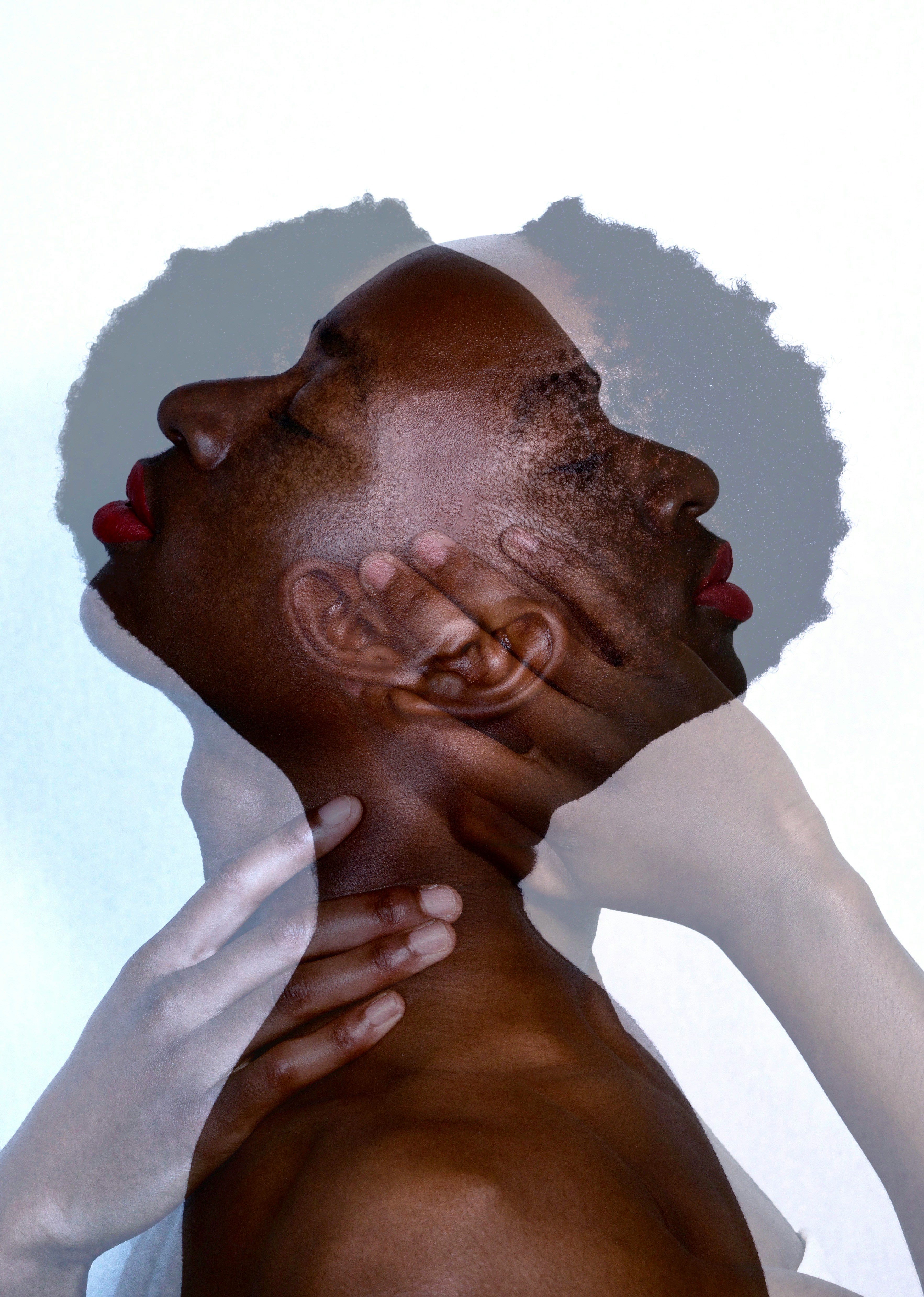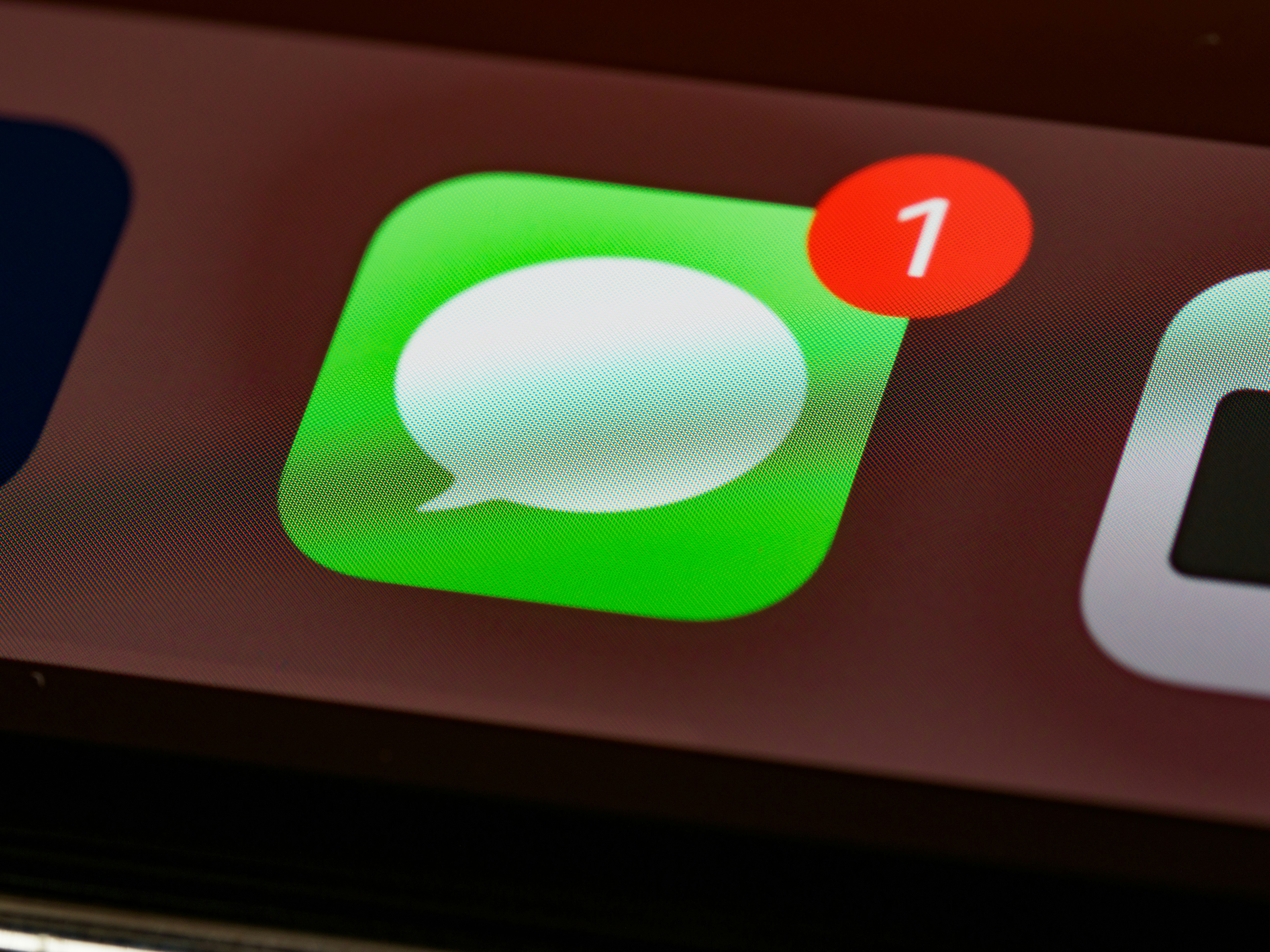← Back

What I Learned About Stress (And the Simple Practices That Helped Me Cope)
February 25, 2025 | wellbeing
🌟 Introduction: Living in Survival Mode
For a long time, I thought being stressed all the time was just “normal.”
Deadlines piling up? Stress.
Bills coming in? Stress.
Even small things — like a late reply to a message — made me feel tense.
I told myself: “That’s just how life is. Busy equals stressed.”
But eventually, my body disagreed. Headaches, poor sleep, constant fatigue, snapping at people I cared about. That’s when I realized: stress wasn’t just a feeling. It was taking over my life.
In 2025, I finally decided to stop letting stress control me. I didn’t fix it overnight — but through trial, error, and small daily practices, I learned how to cope in a way that felt real and sustainable.
This is my story of what I discovered about stress, and the simple practices that actually helped me manage it.
🧠 Part 1: Understanding Stress (And How It Shows Up)
The first thing I learned? Stress isn’t just “in your head.” It’s a whole-body experience.
When I was stressed, I noticed:
My heart beat faster.
My muscles stayed tight, even when I wasn’t moving.
My mind replayed the same worries over and over.
Science calls this the “fight-or-flight” response — your body preparing for danger. The problem is, modern life keeps flipping that switch, even when there’s no tiger chasing you.
Stress had become my default mode. Recognizing that was step one.
😬 Part 2: My Worst Stress Habits
Before learning how to cope, I had some terrible ways of handling stress:
Scrolling endlessly to escape (but feeling worse after).
Overworking to “solve” stress, which only created more stress.
Bottling it up until I exploded at small things.
These habits didn’t reduce stress — they multiplied it.
🌱 Part 3: The Simple Practices That Actually Helped
Here’s what I discovered worked for me. They’re not complicated, but consistency made all the difference.
1. Breathing (Yes, Really)
I used to roll my eyes at “just breathe.” But one day, during a stressful moment, I tried a 4-7-8 pattern: inhale for 4, hold for 7, exhale for 8.
Within a few minutes, my body calmed down. My heart slowed. My mind cleared a little.
I started using it whenever I felt overwhelmed. It became my emergency reset button.
2. Journaling My Worries
My brain loves replaying the same problems. Writing them down — literally dumping them onto paper — gave me distance.
Sometimes I’d look at what I wrote and realize: half my “problems” weren’t even urgent.
3. Moving My Body
Exercise wasn’t about six-packs. It was about letting stress leave my body. Even a 15-minute walk outside helped.
I noticed I rarely came back from a walk feeling worse.
4. Creating Small Boundaries
Stress often came from never knowing when to stop. Work blended into evenings, messages demanded instant replies, and I was “on” 24/7.
So I started setting small boundaries:
No checking work emails after 8 p.m.
Phone on silent during meals.
One “no” per week (to requests I didn’t have energy for).
These tiny walls protected my sanity.
5. Micro-Breaks
Instead of pushing through stress until I burned out, I built small breaks into my day. Even 5 minutes of stretching, deep breathing, or staring out the window helped reset me before stress stacked too high.
🛑 Part 4: What Didn’t Work for Me
Not every “anti-stress” tip worked.
Bubble baths? Nice, but temporary.
“Think positive”? Too vague.
Ignoring stress? Always came back stronger.
The truth: coping isn’t about pretending stress doesn’t exist. It’s about giving your mind and body better tools to handle it.
🌍 Part 5: How Stress Management Changed My Life
Once I started practicing these habits consistently, things shifted.
I slept better.
I reacted less aggressively to small frustrations.
My productivity actually increased because I wasn’t running on empty.
My relationships improved — I stopped snapping at people for no reason.
Managing stress didn’t remove challenges from my life. It made me more resilient in facing them.
🚀 Part 6: Stress in 2025 (And Why It’s Harder Than Ever)
One thing I’ve noticed in 2025: stress is sneakier now.
Work follows us home through emails and apps.
Social media creates constant comparison.
The pace of news and notifications never slows.
That’s why stress management isn’t optional anymore — it’s a survival skill. The world won’t get quieter. We have to get better at calming ourselves.

✅ Conclusion: Stress Is a Teacher
Looking back, I don’t hate stress anymore. In small doses, stress pushed me to grow. But when it took over, it nearly broke me.
The practices I found — breathing, journaling, moving, setting boundaries, taking breaks — didn’t eliminate stress, but they helped me live alongside it.
The biggest lesson? Stress is part of life, but suffering doesn’t have to be.
If you’re drowning in stress right now, start small. Take one deep breath. Write one sentence in a journal. Step outside for a few minutes.
Tiny practices build into powerful change. And one day, you’ll realize stress is no longer running your life — you are.



